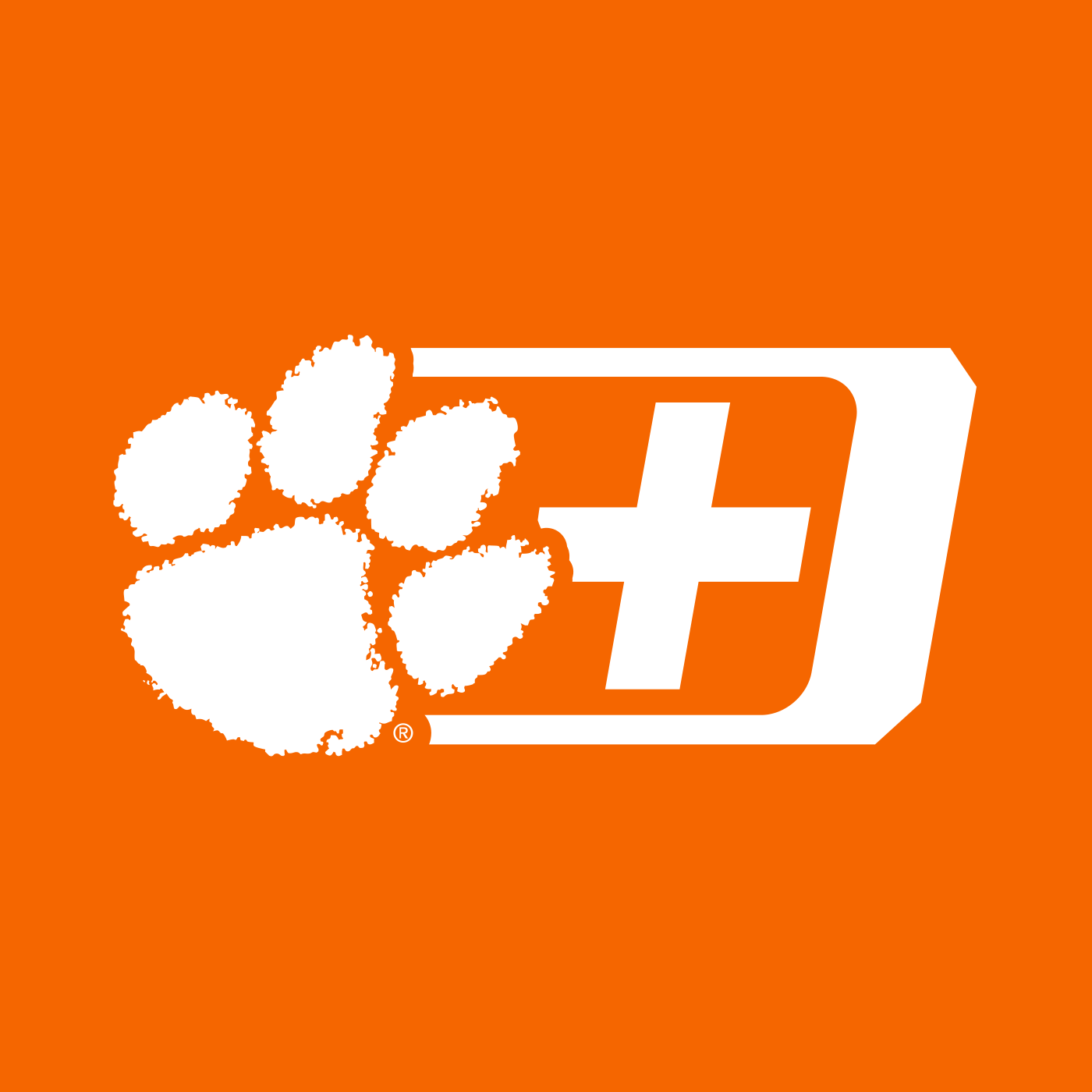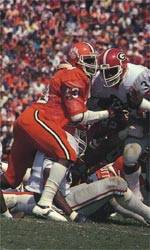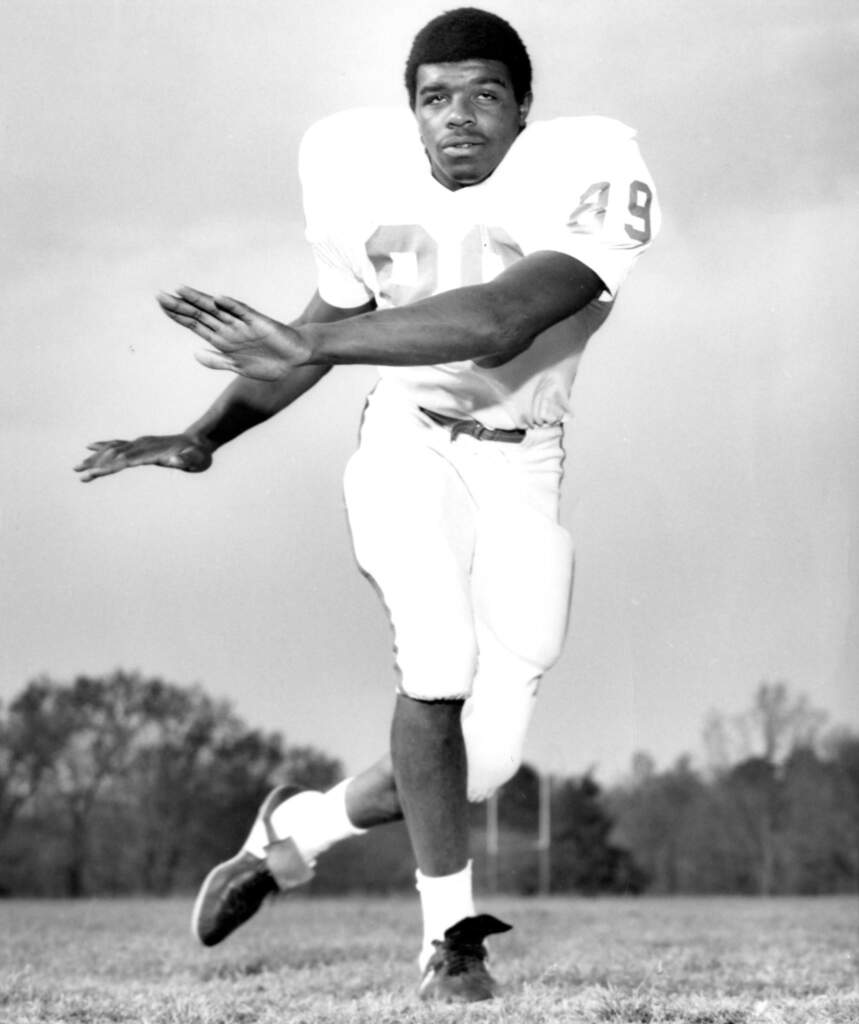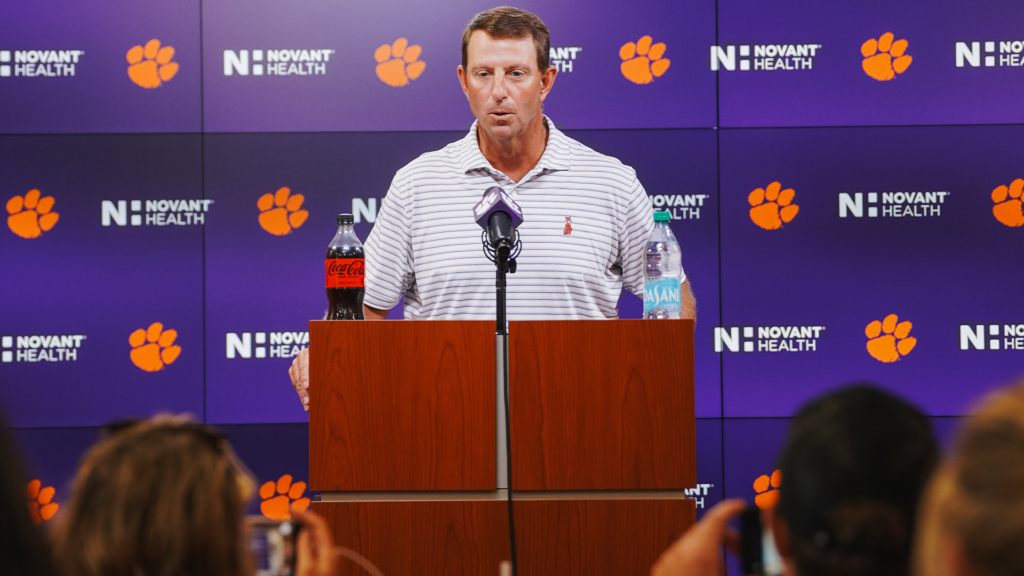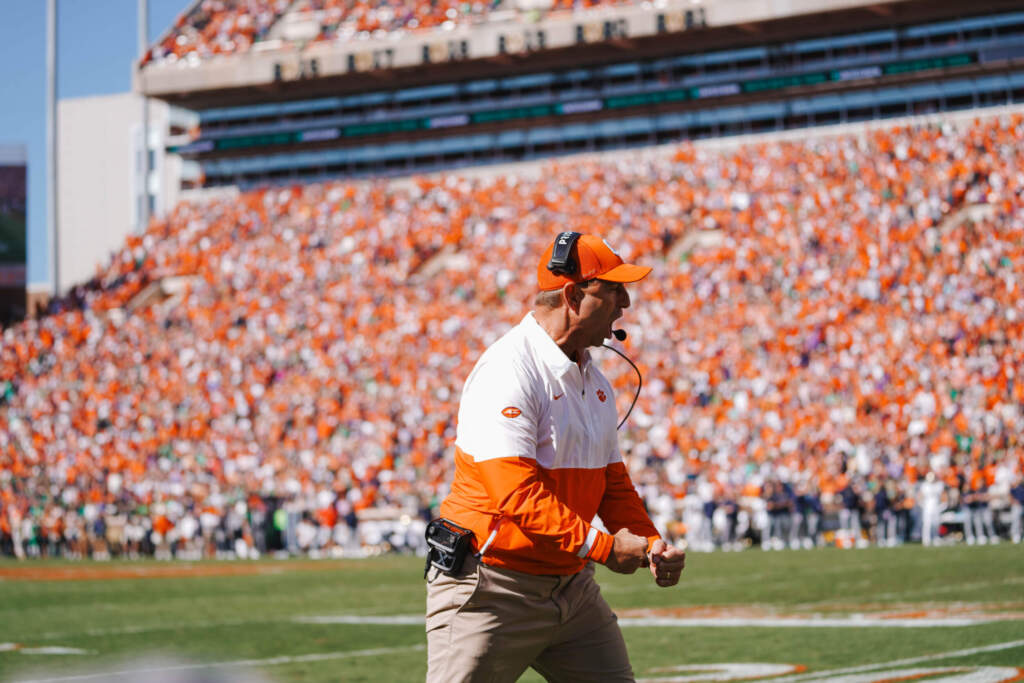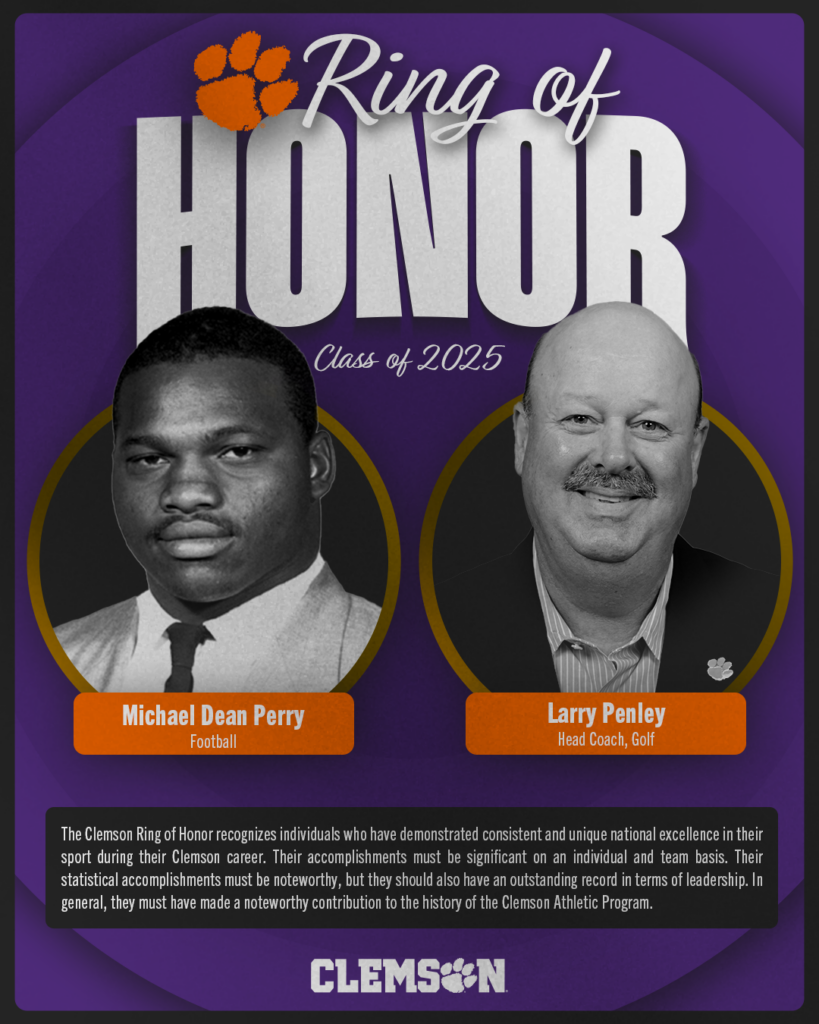Sept. 11, 2001
By Tim Bourret
Each home program throughout the remainder of the 2001 season we will take Clemson fans back 20 years to review the greatest season in school history. The Tigers drive to the 1981 National Championship was a Season few Clemson fans over the age of 30 will ever forget. This week, with the help of former All-American Jeff Davis, we will reflect on the first three games of that season. -Editor
Expectations around the Clemson campus for the 1981 football season were high, but on a national basis, the Tigers weren’t really on the radar screen. Clemson returned 20 starters from the 1980 season that had produced a mediocre 6-5 record, but a thrilling conclusion, a 27-6 victory over rival South Carolina.
Despite the number of returning starters and the momentum from the season finale, Danny Ford’s third Clemson team was not listed in the top 20 of a single preseason magazine or wire service (there were no Internet sites in those days).
But, this Clemson team had some intangibles in its favor. In particular, the leadership from a class of 27 seniors was a factor that could not be measured. “The seniors on the 1981 team had been through an 11-1 season (1978) and a mediocre 6-5 season (1980),” recalled Jeff Davis, All-America linebacker on the Clemson 1981 team and perhaps the greatest Clemson team leader in the history of the sport. “We knew we didn’t want a repeat of the 1980 season so we were focused from day one of spring practice.”
That said, Clemson did not resemble a championship caliber team after the first quarter of the first game. Clemson met Wofford in the season opener, a game that had been scheduled in late April after Villanova had decided to drop football. Wofford was an NAIA team at the time, so the Tigers were heavily favored.
But, the Terriers had a 3-0 lead after the first quarter thanks to their unusual wingbone attack. By halftime they had gained 201 yards of total offense. “I had said some things in the newspaper about us killing Wofford, then we struggled in the first half,” said Davis. “Coach Ford really got on us at halftime. He brought up the comments in the newspaper and I knew he was talking about me.”
Clemson went right down the field on the first possession of the second half and never looked back, winning, 45-3. Still, the Terriers finished with 165 yards on the ground and 293 overall. Only two other teams would gain that many yards against the Tigers all year. It was not a national championship performance.
Clemson’s second game of the season was a landmark occasion. The Tigers traveled to New Orleans to face Tulane in the Superdome, the first indoor football game in Clemson history. “That was a unique experience,” said Davis. “I remember in the pregame practice Dale Hatcher punting the ball and hitting the gondola in the Superdome. I played a lot of indoor games in the NFL after that, but to do it at that time in college was a memorable experience.”
It was a memorable game for the Clemson defense that night. The Tigers held Tulane to but five points and just 177 yards of total offense. Each member of the Clemson starting secondary had an interception and the Tigers won 13-5. Davis had 20 tackles, his high total in 1981, while Terry Kinard, also a first-team All-American in 1981, had 12.
That victory set up the game everyone had been waiting for. The Clemson and Georgia series was one of the most competitive in college football between 1977-87 and the 1981 game would certainly contribute to the status of the series. Danny Ford sent a message to his team that this was a special game and had the Tigers decked out in all orange for just the second time in history, the first since the previous year’s upset of South Carolina.
Fourth-ranked Georgia had won the National Championship the preceding season and the Bulldogs were still undefeated in 1981 coming to Death Valley. The Tigers had lost 20-16 in Athens the previous year. “We felt we should have beaten them in Athens in 1980,” said Davis. “We dominated the game, especially in the first half, but they had a punt return and an interception return that made the difference. But, that game gave us confidence we could beat them in 1981. It was payback time. Herschel Walker didn’t intimidate us.”
Just a sophomore at the time, Walker was the biggest figure in college football. He had led Georgia to the National Championship as a freshman and was on the cover of just about every preseason magazine for 1981. But, he never scored a touchdown against the Tigers and the 1981 contest in Death Valley would be the only regular season loss of his Georgia career.
As had been the case early in the season, the Clemson defense was dominant. Clemson forced nine turnovers and the Bulldogs had nine possessions in which they ran three plays or less. That turnover total remains a record for miscues forced by the Clemson defense in a single game. While Davis and fellow linebacker Danny Triplett were the ringleaders with a team best 11 tackles apiece, it was a balanced performance by Tom Harper’s Tiger defense. The nine takeaways, five interceptions and four fumbles, were recorded by nine different Clemson players.
“We always yelled, ‘Roll call to the ball,’ and that was never more the case in that Georgia game,” said Davis. “We were swarming, we came at Georgia from every direction.
Homer Jordan, a native of Athens, GA, ran for 59 yards and completed 11 of 18 passes for 135 yards to pace the offense. He completed five of those passes to Perry Tuttle, who scored the game’s only touchdown on an eight-yard pass from Jordan.
Walker had 111 yards rushing in 28 carries, but he lost two fumbles and never saw the endzone. “If you watch the tape of that game today, we always had four or five guys tackling Walker. It was an intimidating atmosphere in Death Valley that day, the best I experienced as a player.”
It was a huge win for the Tigers. Georgia was ranked fourth in the nation entering the game and it remains the highest ranked team Clemson has beaten in Death Valley. The win vaulted the Tigers into the top 20 (14th) for the first time in 1981. The Tigers were now 3-0 as they traveled to Kentucky to face an SEC team prior to opening the ACC schedule.
“After we won that game we started to think about what we could accomplish in 1981. We were good about taking it one game at a time, at least publicly, but in the back of our minds we were now thinking about a big bowl and a National Championship.”
Tim Bourret is in his 13th year as the Clemson Sports Information Director.
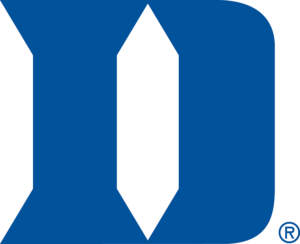 Duke
Duke 
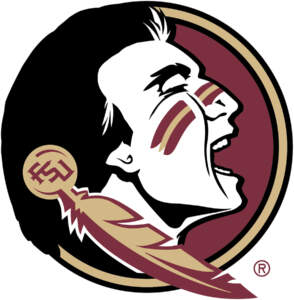 Florida State
Florida State 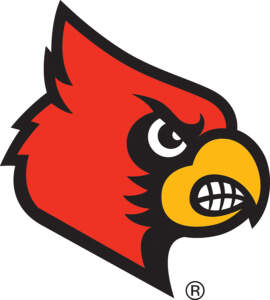 Louisville
Louisville 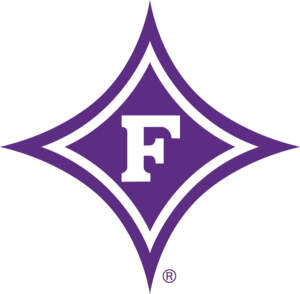 Furman
Furman 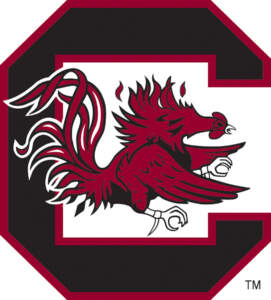 South Carolina
South Carolina  LSU
LSU 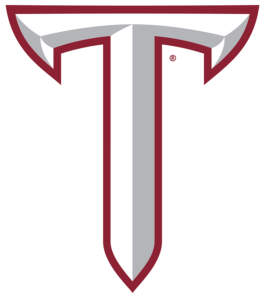 Troy
Troy 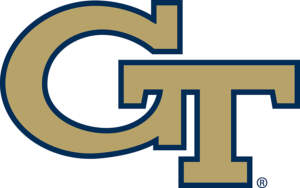 Georgia Tech
Georgia Tech 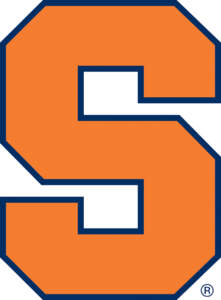 Syracuse
Syracuse 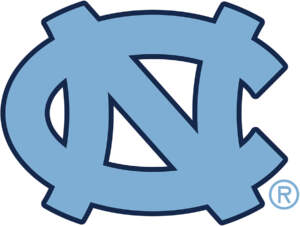 North Carolina
North Carolina 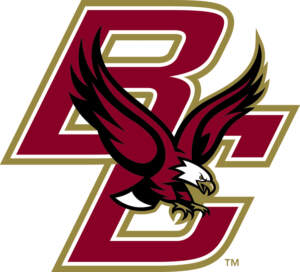 Boston College
Boston College 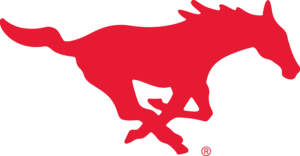 SMU
SMU 
